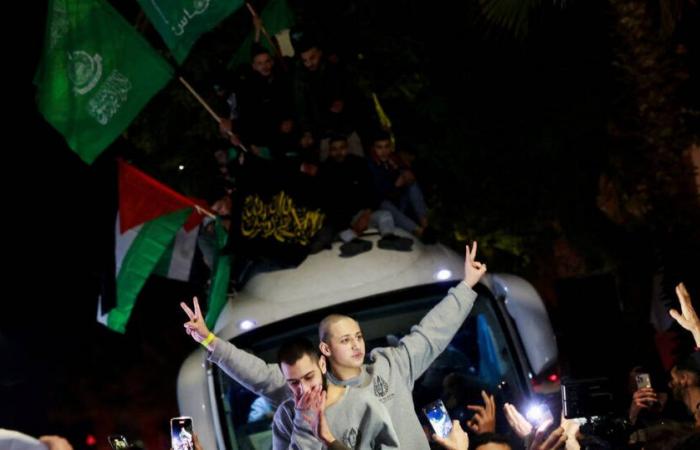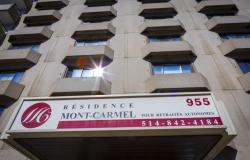Lined up on a hill in Beitunia, west of Ramallah and north of Jerusalem, dozens of Palestinians wait, their eyes fixed on the Israeli Ofer prison and its parking lot. Night falls and fires are lit everywhere to warm up the onlookers. Yasser Abdalhafz, in his fifties, has been idle since 2 p.m. He saw the buses arriving in front of the prison which repatriated in the afternoon all the 90 prisoners whose list was delivered by Israel on Saturday morning, as part of the ceasefire agreement in Gaza . “After the genocide that took place there, my only driving force is hope”book the one who sees in this agreement the beginning of a new era. “What kind? Better or worse, impossible to say, because in Palestine, logic does not exist.” During this first hostage-for-prisoner exchange, only Palestinian women and young people returned to their homes in East Jerusalem and the occupied West Bank. The first, 12 in all, escorted by special police units; the others had to cross the divide between Israel and the West Bank in Red Cross vehicles.
Sunday evening, around 6:30 p.m., whistles came from the crowd. We can see movement on the side of the checkpoint, at the end of the road
Belgium






